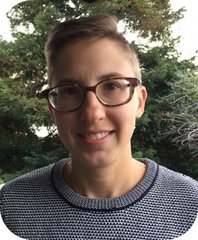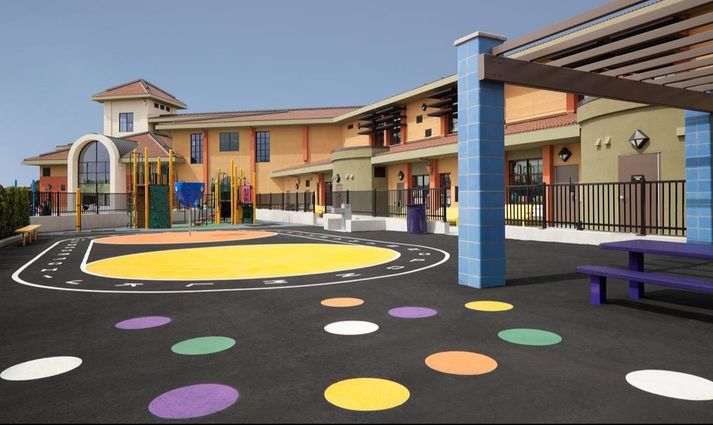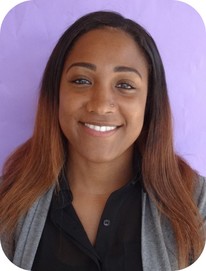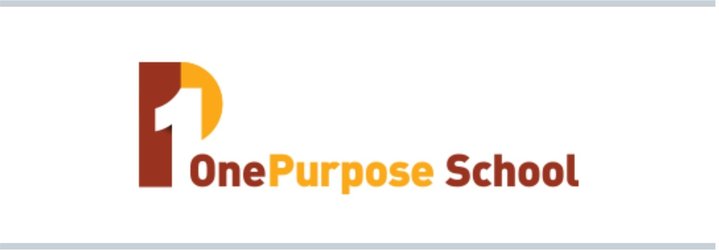
Position: Unconditional Education Coach at Horace Mann Elementary School

After getting an MSW, I was seeking a position that blended my interests in both systems level and individual level work. A trusted friend (and Unconditional Education Coach) encouraged me to apply for this role. Given my longstanding interest in issues related to school culture and climate, the UE Coach role seemed like a good match!
Fun Fact: I enjoy fostering dogs and being a pen pal (snail mail).
A Favorite Quote: To build community requires vigilant awareness of the work we must continually do to undermine the socialization that leads us to behave in ways that perpetuate domination.” –bell hooks
What does your average day look like?
My day always starts with walking my dog, a favorite part of each day. Work days vary but usually consist of emails, meetings, collaborating with school staff, checking in with students, facilitating social skills groups and responding to emergent issues. In the evenings I participate in local community organizing efforts, catch up on my to-do list, or settle in to the couch with my partner and our dog.
Why do you do this work?
I have had a tumultuous relationship with our public education system(s) as have many of my most cherished loved ones. Having opportunities to work towards inclusive, equitable learning communities carries a lot of meaning for me.
What hope do you have for the future of All-In?
To incorporate community engagement into our praxis, to ensure our programming is family-driven.












 RSS Feed
RSS Feed